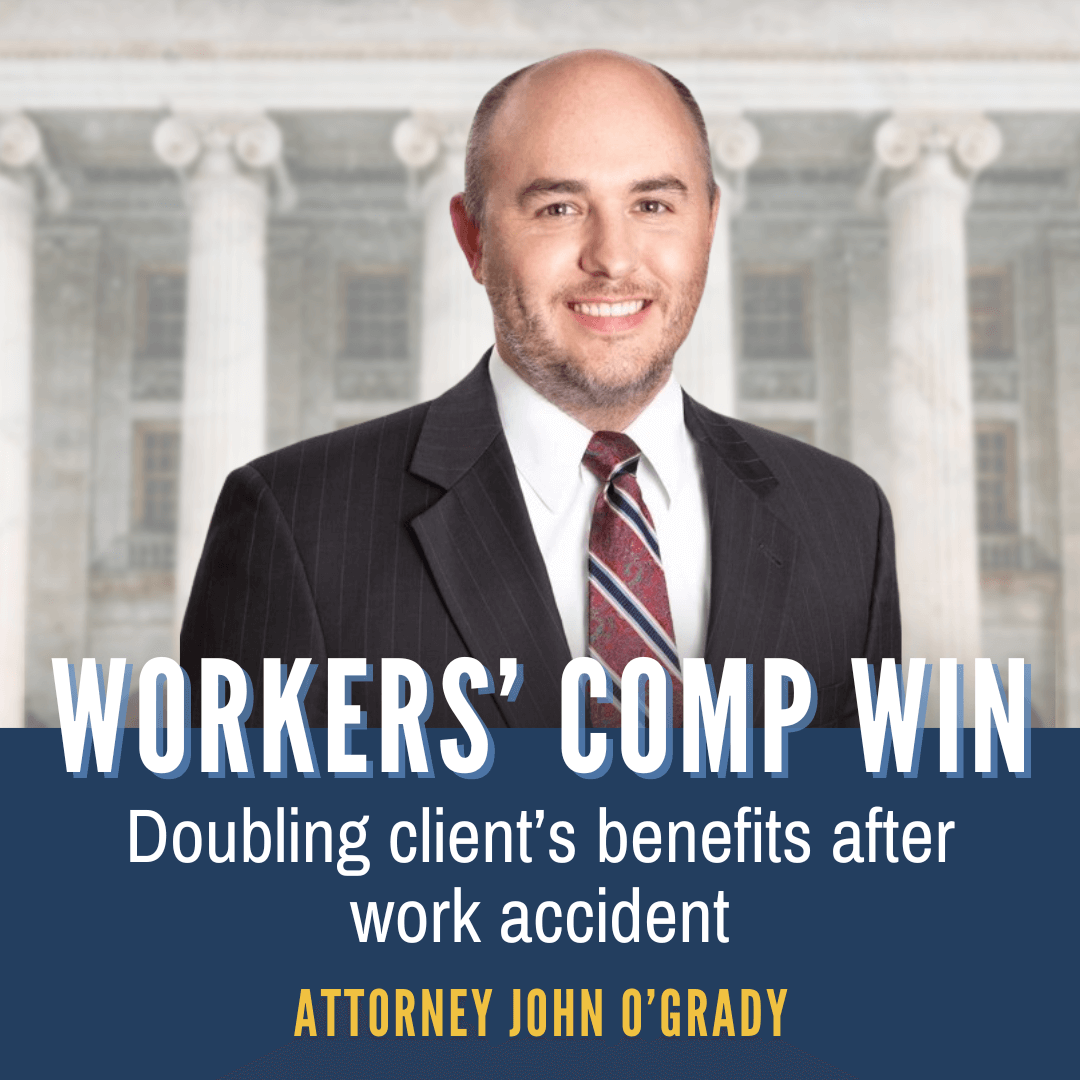Auto insurance is one of the great paradoxes of modern life. Every driver is required to have it, and nobody wants to be in the position of having to use it. Yet the need for the right kind of protection for you and your loved ones has never been greater; the incidence of severe car accidents has been steadily increasing since 2011, and the number of fatalities on the road — caused primarily by alcohol, speeding, or distracted driving — is the highest it’s been in a decade.
Even if you’re an exceptionally cautious driver with no accidents on your record, you’ve probably seen your insurance premium soar in recent months. According to Consumer Reports, auto rates increased eight percent in 2017, four times the inflation rate. That’s made many motorists more determined than ever to hunt for bargains in the insurance marketplace. But given the importance of the investment, it makes sense to spend more than fifteen minutes shopping for car insurance. What looks like big savings now may turn out to be a costly mistake down the road, one you discover only when you learn about the holes in your coverage from an insurance adjuster after an accident.
Here are some key tips for securing the kind of insurance that will greatly increase your peace of mind, without taking a huge bite out of your wallet — and could very well save you money in the long run.
Don’t skimp on liability. Many budget-conscious consumers settle for the bare minimum of liability coverage required by law. In Colorado, that amounts to a limit of $25,000 per person for bodily injury, with a maximum of $50,000 per incident, and another $15,000 in coverage for damage to another’s property. But these days medical costs and even just vehicle damage for a higher-end model can easily exceed those totals; if they do, you would need additional coverage to protect your personal assets from being at risk in the event of an accident. In most situations, it actually costs little to increase your coverage — just a few dollars a month — and can save you a great deal. What’s known as 100/300/100 coverage ($100,000 bodily injury coverage, $300,000 per accident, $100,000 property damage) is becoming standard, and drivers with substantial assets to protect might choose to boost the bodily injury limit even higher.
Protect yourself from drivers who don’t have insurance. An equally critical consideration is uninsured motorist coverage. Such coverage is required in Colorado unless you formally reject it in writing. Some do, figuring to cut costs, but that’s a very risky move. The Insurance Research Council estimates that as many as one in eight drivers on the road is driving without insurance; the uninsured motorist coverage protects you from those who have declined to carry the necessary protection themselves. It also comes into play when the other driver is underinsured. But the amount of the uninsured motorist coverage can’t be higher than your liability limits, which is yet another reason to opt for the 100/300/100 coverage rather than the minimum.
One other point about uninsured motorist coverage. Your insurance agent may tell you that carrying that coverage on one car will “carry over” to other vehicles that are on the same policy. That’s true, but it doesn’t extend coverage to other passengers in your car that aren’t named on your policy. If you have teens at home who often transport their friends, or a significant other who’s not listed on your policy, it may make sense to carry uninsured motorist coverage on all your vehicles.
Medical coverage can be a good idea, too. Another option to seriously consider is medical benefits coverage, or MedPay, which pays medical expenses for you and your passengers in the event of an accident, regardless of who is at fault. As with uninsured motorist coverage, it’s coverage you have to decline in writing in Colorado, and many do, figuring that their personal health insurance will pick up the tab. But MedPay can provide a welcome cushion if your arrangement with your health carrier involves high deductibles or out-of-pocket limits; just one trip to the emergency room could more than justify the additional premium cost.
Do you need the bells and whistles? There are other ways to reduce the cost of your premiums without skimping on critical coverage. If your car is older, you might consider reducing or eliminating collision or comprehensive coverage; some experts suggest doing so when the cost of such coverage exceeds ten percent of the car’s book value. If you have another car at your disposal, you may not need rental reimbursement or other bells and whistles. And you should probably avoid companies that focus on covering high-risk drivers with spotty records unless you are in that category yourself.
To sum up: Cost is certainly important, but it shouldn’t be the determining factor in what kind of car insurance you buy, or what company you choose. Getting the right coverage is crucial, and customer service and responsiveness should count, too. One resource is the National Association of Insurance Commissioners, which provides information on its site regarding the financial health and rate of complaints for various companies.
Even with good coverage, the best “insurance” of all is driving alertly and defensively. The most basic precautions can prevent serious injuries or even save a life: Cell phones should be put away, only to be used when the car is stopped and in park. Texting is not the only form of distraction; even talking on the phone could take your focus from driving safely. Use caution and awareness as your tools while driving. Be aware of other drivers around you, rather than just yourself.
If you or a loved one is involved in a car accident, contact the offices of Frank Azar Car & Truck Accident Lawyers. For the past thirty years, Frank Azar and his team of auto accident lawyers have successfully represented thousands of injured clients, fighting to get them the compensation they deserve. Our website features a wealth of helpful information about what to do immediately after an accident, the options you have if your insurance company delays or denies your claim, and how to protect yourself in the event that the other driver has no insurance, as well as safety tips.
Call us for a free consultation or contact us here.



